Your Cart is Empty
Missed the shipping cut-off? Starfish Gift Cards are delivered instantly. → Shop Gift Cards
Missed the shipping cut-off? Starfish Gift Cards are delivered instantly. → Shop Gift Cards
At Starfish, we want to offer you the best support we can. From the moment you begin your journey with us, our knowledge, experience and expertise is yours too. Our regular blogs aim to keep you up to date with all the latest industry news and advice, as well as our very own product information, tips and techniques.

Not all Lycra is created equal, and when it comes to sensory tools, quality matters. Premium Lycra takes sensory support to the next level, offering superior comfort, durability, and unmatched benefits for children with sensory needs and learning challenges.
From body socks to tunnels and bed sheets, discover why investing in high-quality materials can make a significant difference in fostering calm, focus, and sensory regulation. Read on to learn why it’s worth choosing the best!

Looking to boost hand strength, improve dexterity, or find a calming sensory tool? Therapy putty is a versatile solution that can help with all of these, and so much more!
In our latest blog, we dive into the many benefits of therapy putty, plus share 20 creative and easy ways to use it for strengthening and stress relief! Perfect for all ages and abilities, it's a must-have tool for anyone looking to improve fine motor skills.
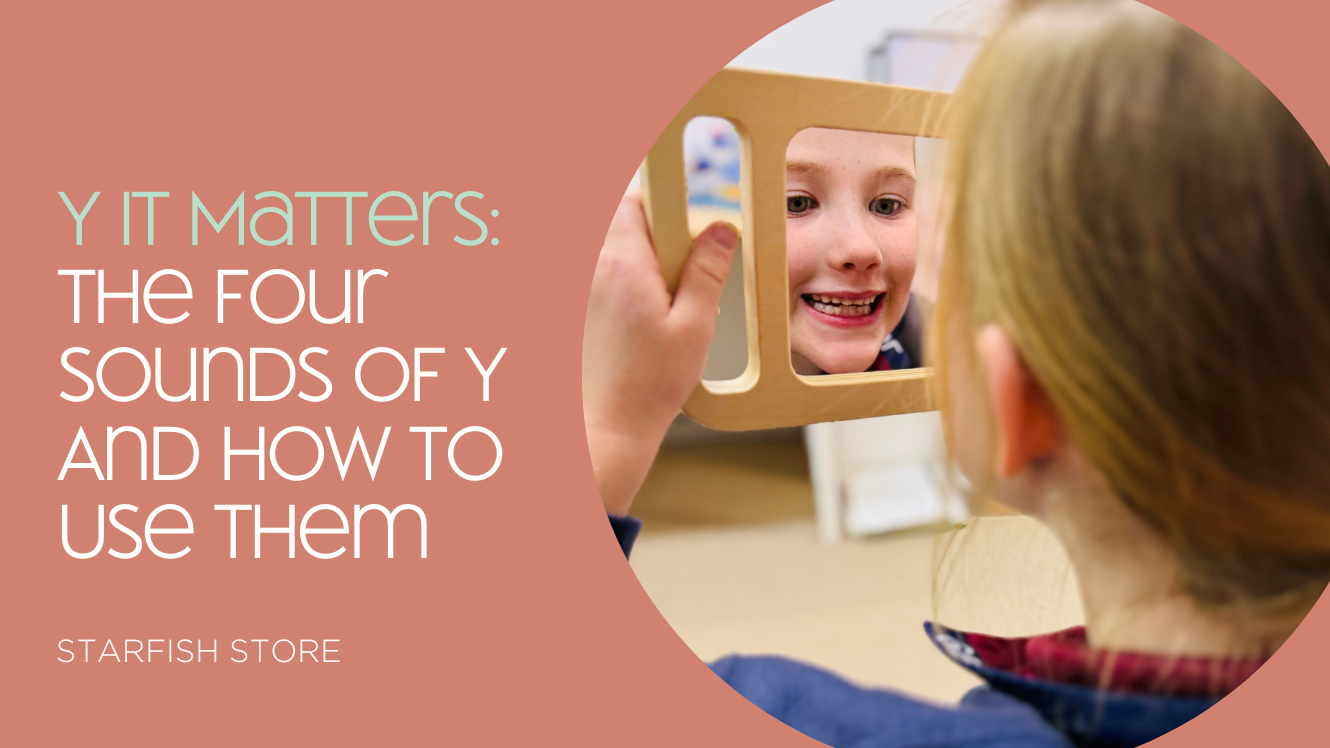
Understanding phonics is essential for helping children learn to read and spell effectively. Our latest blog dives into the versatile letter 'y' and its four distinct sounds, offering practical strategies and tips for mastering these phonics rules step by step.
With easy-to-follow explanations and engaging techniques, you'll find that learning and teaching phonics can be both fun and rewarding. Join us on this exciting journey to make literacy learning enjoyable and intuitive for everyone!

Discover creative and effective ways to maximise the benefits of your Lycra Body Sock. From sensory regulation to imaginative play, explore 20 innovative activities that enhance body awareness, coordination, and relaxation.
Perfect for sensory integration therapy, these ideas provide deep pressure input, helping individuals feel more grounded and centred. Whether you're a parent or a therapist, our guide offers fun and practical uses for this versatile calming tool.
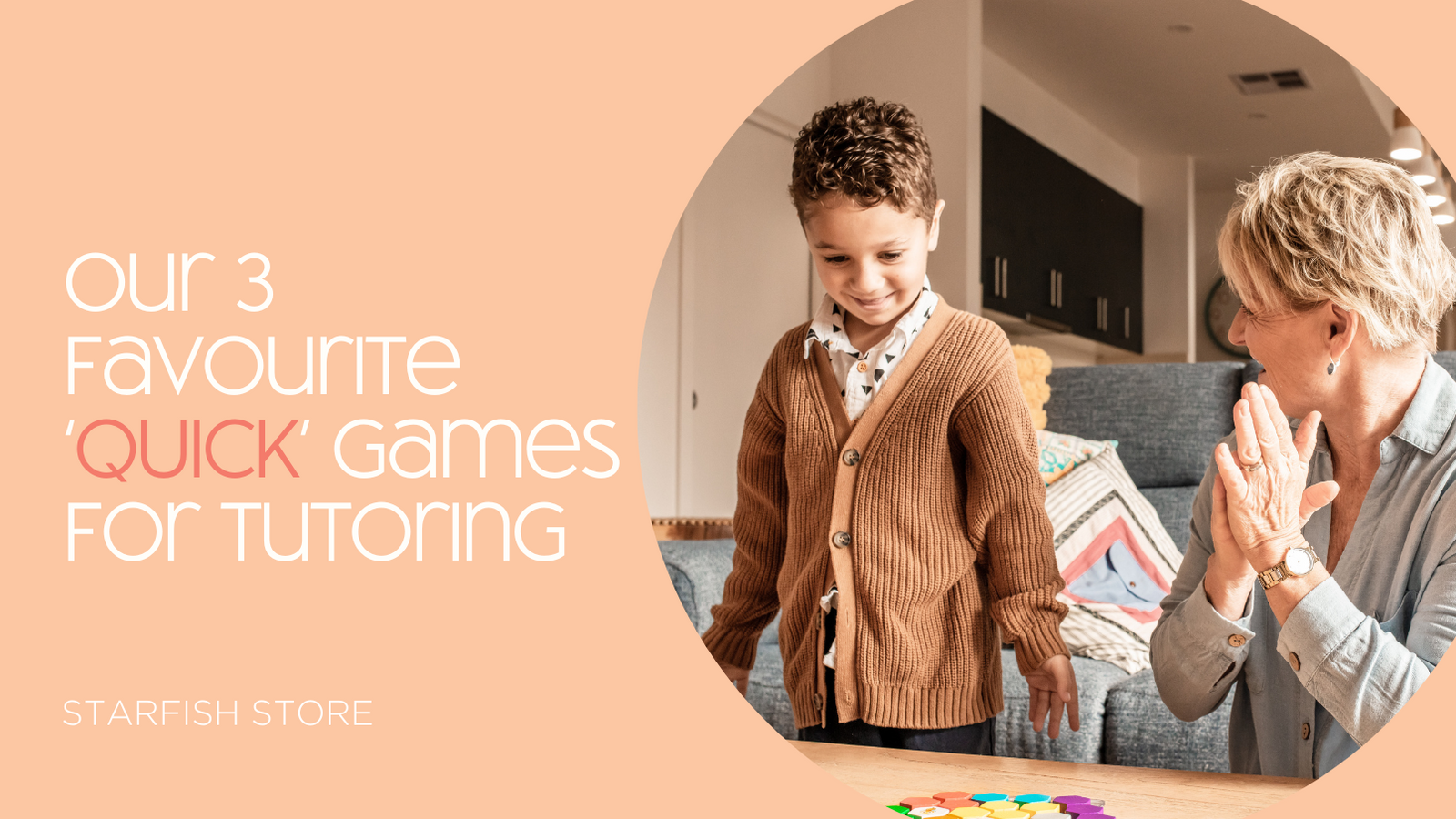
Even though we know games are valuable, sometimes we simply run out of time in our sessions.
Games are a simple yet effective way to end on a positive note and a great opportunity to strengthen bonds with your students, all while learning!
If you find yourself with only a few minutes left to fit a fun game in, here are our 3 top picks for much loved games that can only take a few minutes to play.
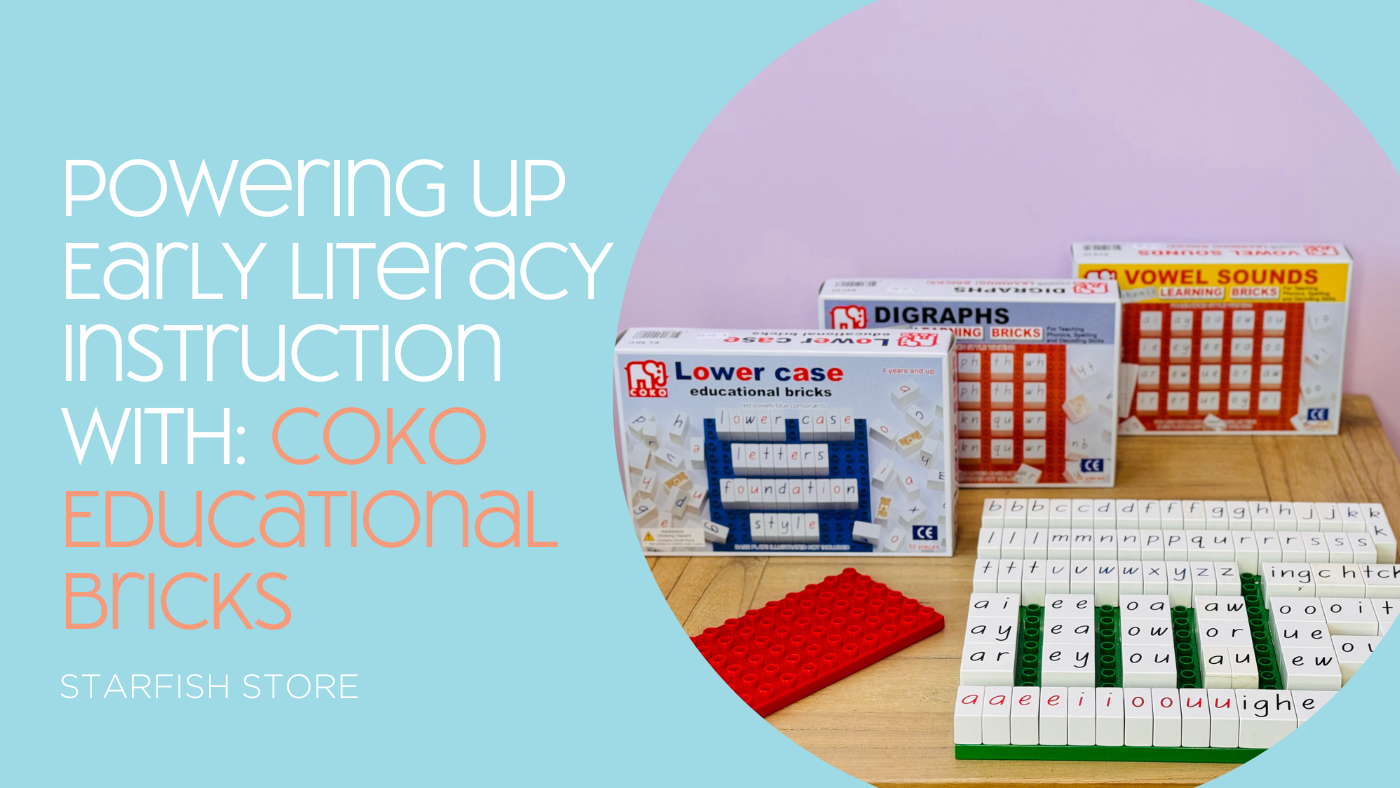
Dive into the world of early literacy instruction with our latest blog post featuring Coko Educational Bricks! Follow Kirstie as she uncovers the innovative methods that are transforming the way we teach and learn language and literacy.
Click here to explore the full story and unlock the potential of Coko Educational Bricks.
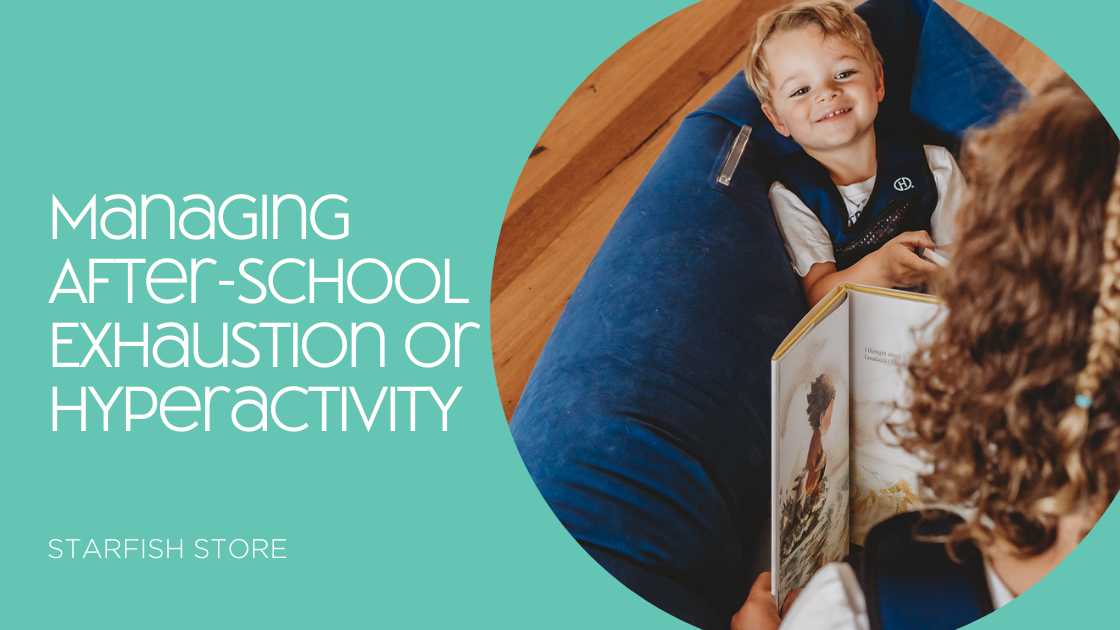
Navigating the challenges of post-school meltdowns and hyperactivity is a common concern for parents. However, with the right strategies, we can support our child's emotional regulation and well-being. From routines to sensory techniques, each tactic contributes to creating a supportive environment for your child.
Join us as we explore practical solutions to ease the transition from school to home, helping your child find balance and calmness after a busy learning day.
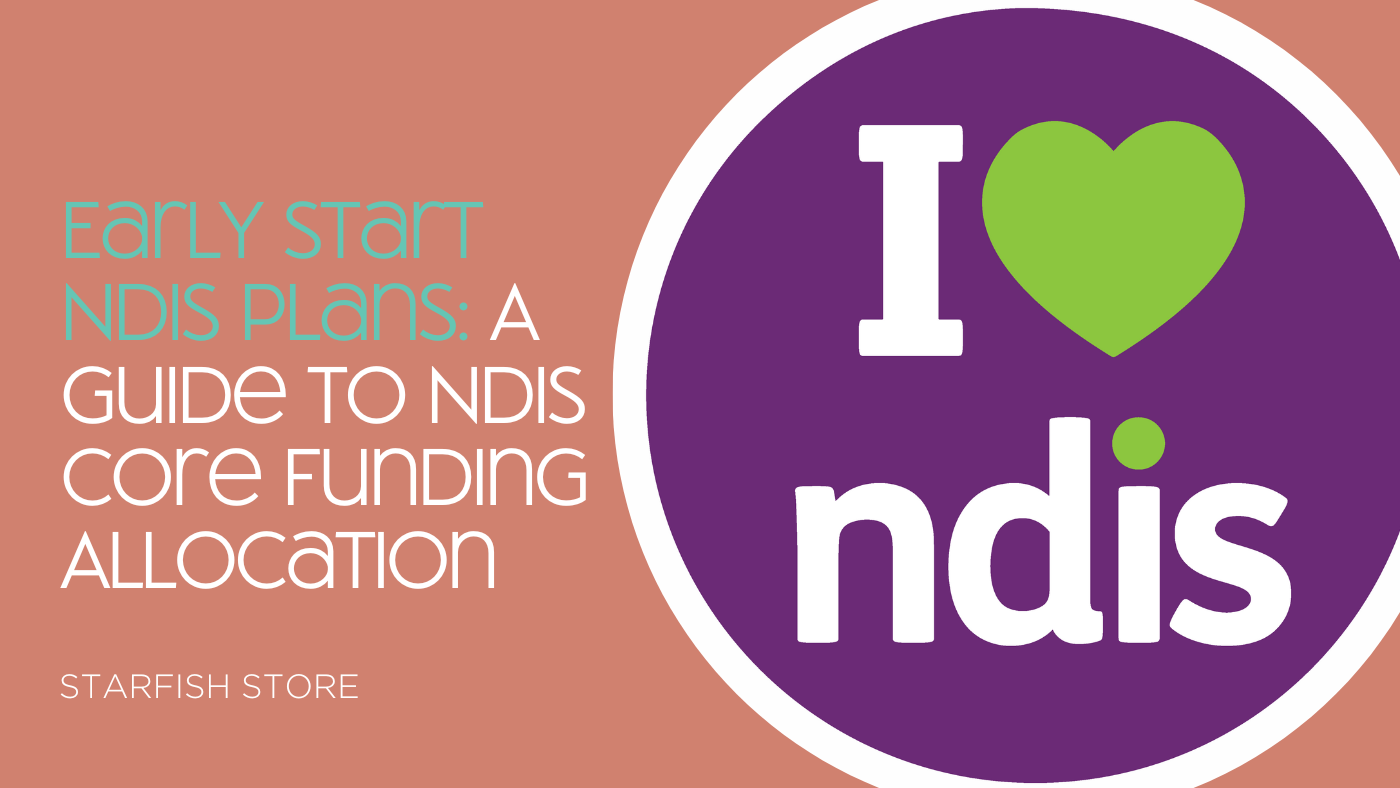
When it comes to early start NDIS plans, you may find that not all children are allocated funding under the CORE category. The shift in funding allocation has left many families in a predicament, as they struggle to secure the necessary resources to support their children.
However, there is hope. You might be able to request an allocation of funds specifically under Capacity Building to purchase resources crucial for your child's therapy.
To achieve this, follow these easy steps.
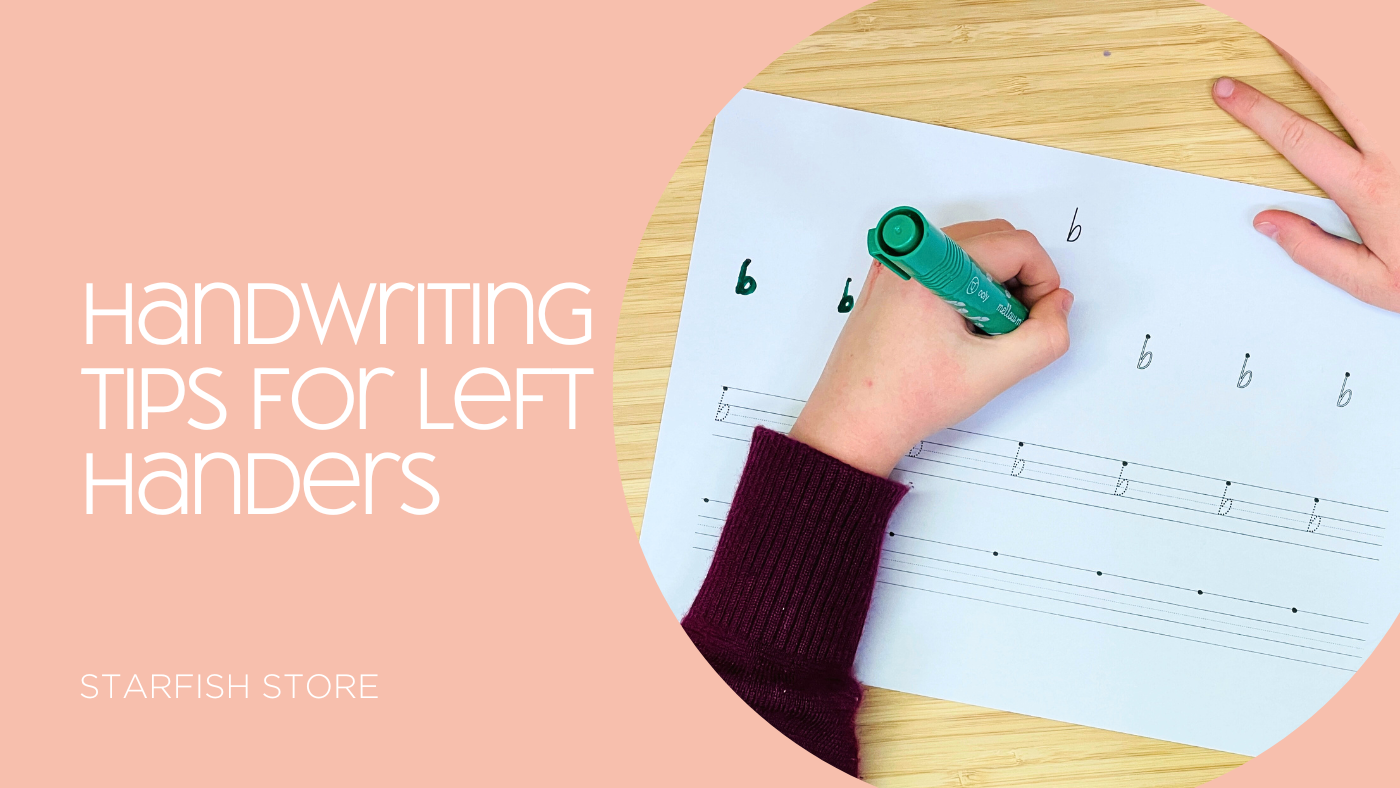
Developing good handwriting is a valuable and practical skill. When you can write effortlessly, your work becomes legible and efficient, enabling you to focus on the content rather than the physical act of writing.
However, for left-handed students, achieving mastery in handwriting can be more challenging.
In this blog post, we'll showcase the top tips for supporting left-handed students in their handwriting journey. By implementing these strategies, we aim to make the process smoother and more enjoyable, helping left-handers to thrive and achieve their academic goals.